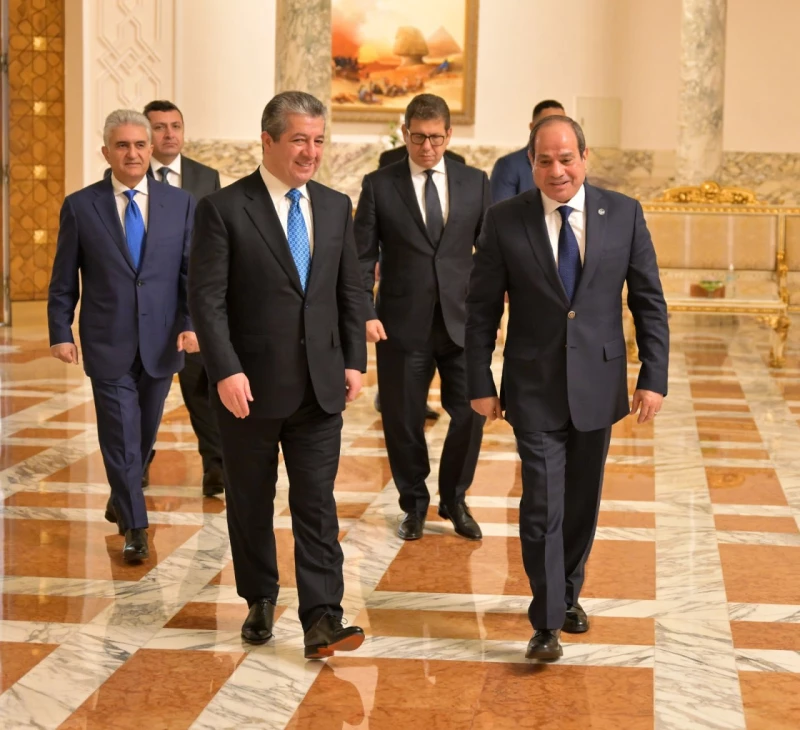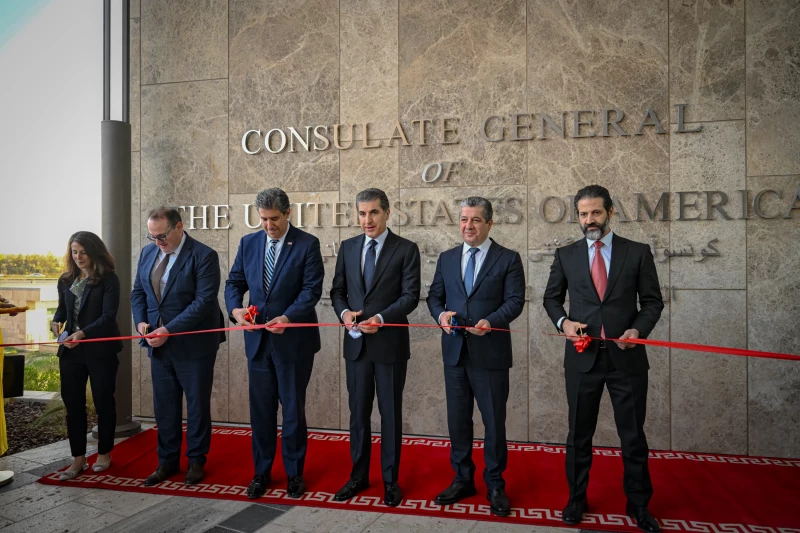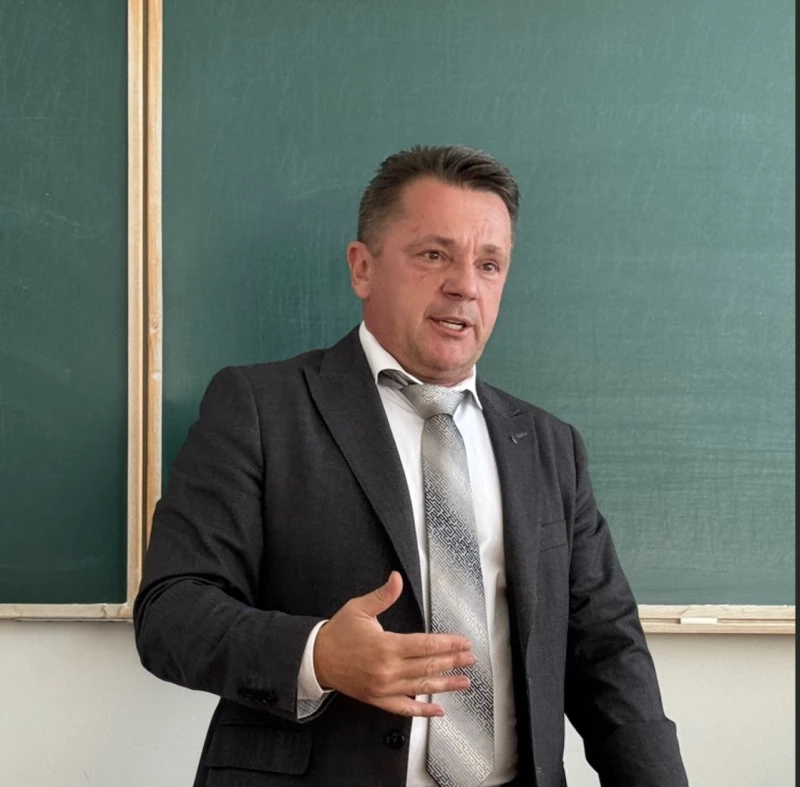Iraq’s Prime Minister Mohammed Shia al-Sudani is in Washington for a much-anticipated round of meetings with U.S. officials. Sudani himself has sought to project an image of statesmanship and convince audiences at home and in the Western capitals that he is a civic-minded leader prioritizing the rebuilding of the state and, in particular, Iraq’s dilapidated infrastructure and economy. He has had some success in providing public services and carrying out economic and banking reforms. But it is important to treat his much-hyped visit with modest expectations; otherwise, disappointment is bound to set in soon and to a much greater extent than necessary or personally fair to him.
First, one has to bear in mind that Sudani was selected by the Shia Coordination Framework for the job and endorsed by Iran, primarily because he was seen as a non-threat to the interests of the powerful parties within the Shia bloc and the interests of Iran. This means he is one actor in a broader constellation of actors and one who is highly constrained in terms of what he can and cannot achieve. But rather than taking this to construe that his position or meetings in Washington do not matter, it is crucial to view him as the point man, the primary interlocutor with a much broader network of politicians, groups, militia leaders, and Iraq’s powerful eastern neighbor.
The latest round of hostilities in the Middle East between Iran and Israel is bound to, at least partially, overshadow PM Sudani’s meetings with U.S. officials and policymakers. A major obstacle in the way of developing stronger US-Iraqi relations is the spoiling role and influence of pro-Iran Shia militia groups in Iraq. In utter disregard for the state and its interests, these groups have launched nearly 200 attacks on US troops in Iraq and Syria since October 7.
While an uneasy ceasefire has taken hold for the past couple of months between the U.S. and these groups, the recent use of Iraq as a launching site for Iran’s large-scale missile and drone attack on Israel on April 14 confirms the inability of the Iraqi state to reign in these militias. This subject puts Sudani in a difficult spot and is likely going to come up in discussions between him and U.S. officials. Expecting the prime minister to control and ideally disband the militias or even expel them from the Popular Mobilization Forces (PMF), which is officially part of the Iraqi state‘s security-defense complex, would be asking for too much. He certainly is not in a position to deliver on that, even if he wants to.
Here is where the importance of modest expectations comes in. PM Sudani can reasonably be expected to deliver on some issues. He is willing to broaden and shift the focus of Iraq’s relationship with the U.S. to more of an economy and culture-centered relationship, as per the Strategic Framework Agreement signed in 2006 between the two countries. Iraqi and U.S. officials have signaled their willingness to expand relations in this direction. Iraq can, with some serious but gradual reforms of its investment climate, become an attractive place for a variety of U.S. businesses involved in energy, vehicle manufacturing, digital technologies, and infrastructure projects. There is also much room for deeper cultural exchange, from Iraqi students dispatched to study at US universities (PM Sudani has already launched an ambitious scholarship program) to arts and tourism, to facilitate people-to-people engagement and public diplomacy between the two sides.
To move forward, or better put, to prevent collapse, Iraq profoundly relies on the US. Of high importance here is ensuring a steady flow of US dollars from the Federal Reserve Bank of New York to the Central Bank of Iraq to keep the country’s economy afloat and prices of goods and services under control. The US should ensure this goes ahead unimpeded. All this means the U.S. will have a major influence over Iraq. The Iraqi economy is beholden to the goodwill of the U.S. government and the Federal Reserve. The White House should use this potent and extraordinary amount of leverage to push Sudani’s government to conduct economic and banking reforms.
Last but not least, Washington should strongly urge Sudani and his Shia governing coalition, and indirectly through them Iran, to resolve outstanding disputes with the Kurdistan Regional Government to lay the foundation for more meaningful and enduring stability in the country.
This requires immediate steps to resolve salary and financial relations in good faith in a way that would not undermine KRG’s authority and status as an autonomous region within Iraq. The recent rulings of the Iraqi Federal Supreme Court that called for building a domiciliation plan for the salaries of KRG employees, retirees, and social security recipients should be carried out urgently, but not by circumventing KRG’s authority. If the issue is delivering the salaries to the KRG employees, Baghdad can do so in line with the precedence from 2003 to 2014, when KRG received regular budget payments from Baghdad and disbursed the salaries on time.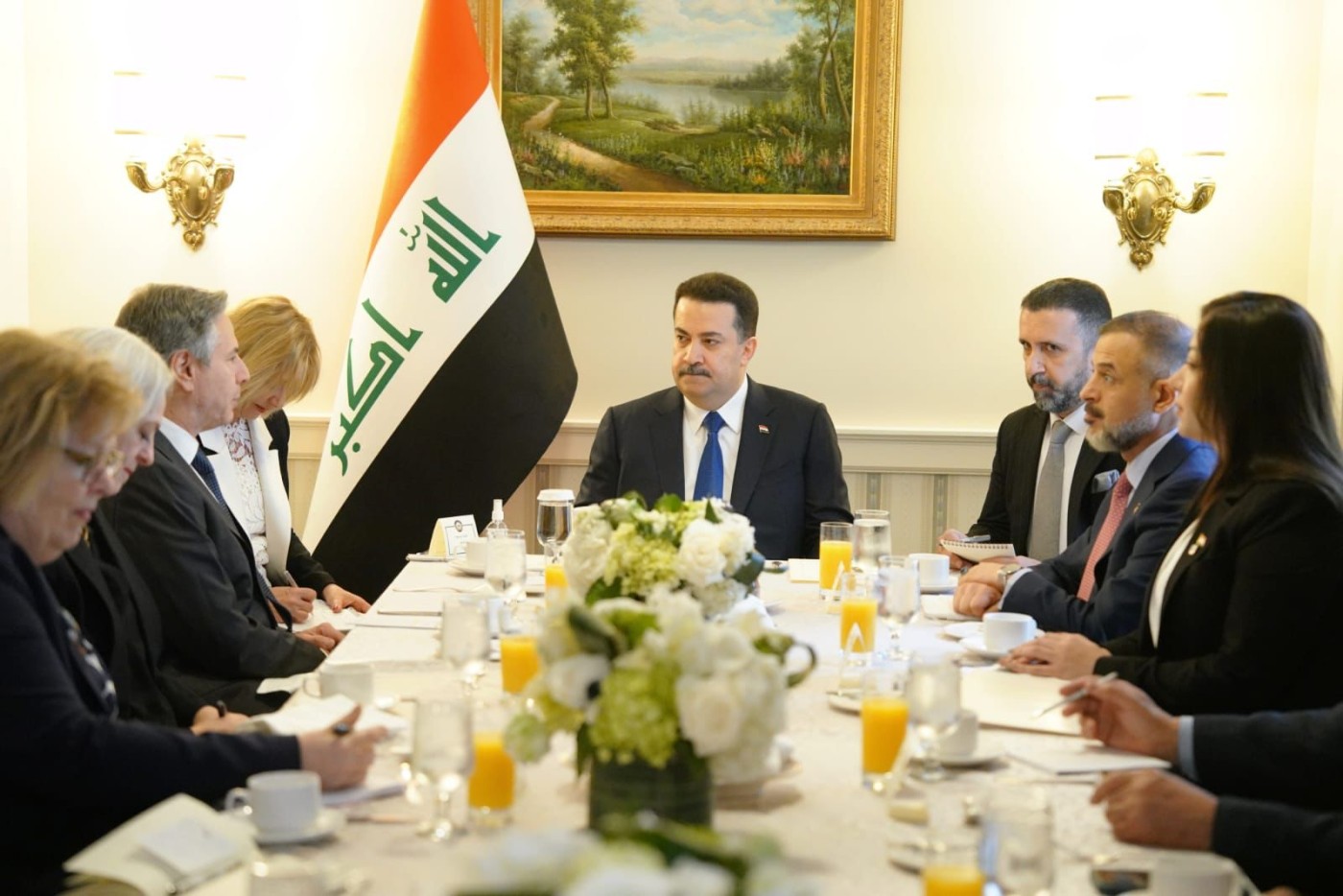
There is no reason to believe the same cannot happen again. Baghdad can and should, of course, monitor and ensure that the KRG sticks to the regular distribution of salaries and encourages state banks to enter the KRG’s salary dispensation program.
Another important issue is the KRG’s oil industry and exports. This is important beyond just the fact that the KRG oil output can potentially contribute to price stability and reduction. Some of the major companies in Kurdistan’s oil sector are, to varying degrees, connected to the U.S., such as Hunt Oil and Gulf Keystone Petroleum. Baghdad has halted KRG oil exports for over a year, initially under the pretext of needing to receive a fine of $1.5 billion from Turkey per a ruling from the International Chamber of Commerce for having “illegally” allowed KRG oil exports through its territory. However, the fact of the matter is that Iraq has lost close to $14 billion over the past year due to the disallowance of KRG oil exports. Baghdad now cites the financial dues of foreign oil companies as the reason for halting the KRG oil exports.
Washington should press Baghdad to show flexibility on this so full oil production and exports from Kurdistan can resume again. Additionally, with the legal hurdle removed now and Baghdad involved in the KRG energy sector’s decision-making, the Iraqi government must invite foreign energy firms to invest in KRG’s vast oil and gas resources and, this time, ensure the KRG signs deals with far lower production service fees that match or are near what Baghdad pays most of the companies operating in southern and central Iraq. The US can use its leverage to persuade Sudani and, through him, his powerful backers in Baghdad to show flexibility on these matters.
PM Sudani has demonstrated that he is willing to engage in resolving domestic, regional, and international issues in good faith in the hope of removing the hurdles stalling his ambitious development-centered governance plan. He should be taken up on this and be supported without imposing a burden he is not equipped to carry.

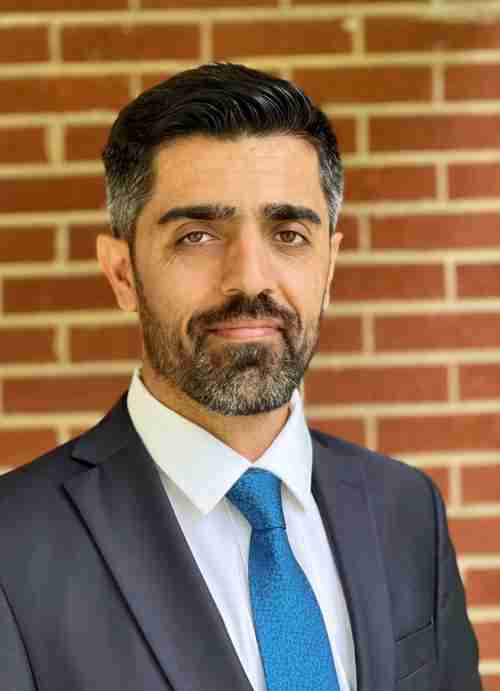
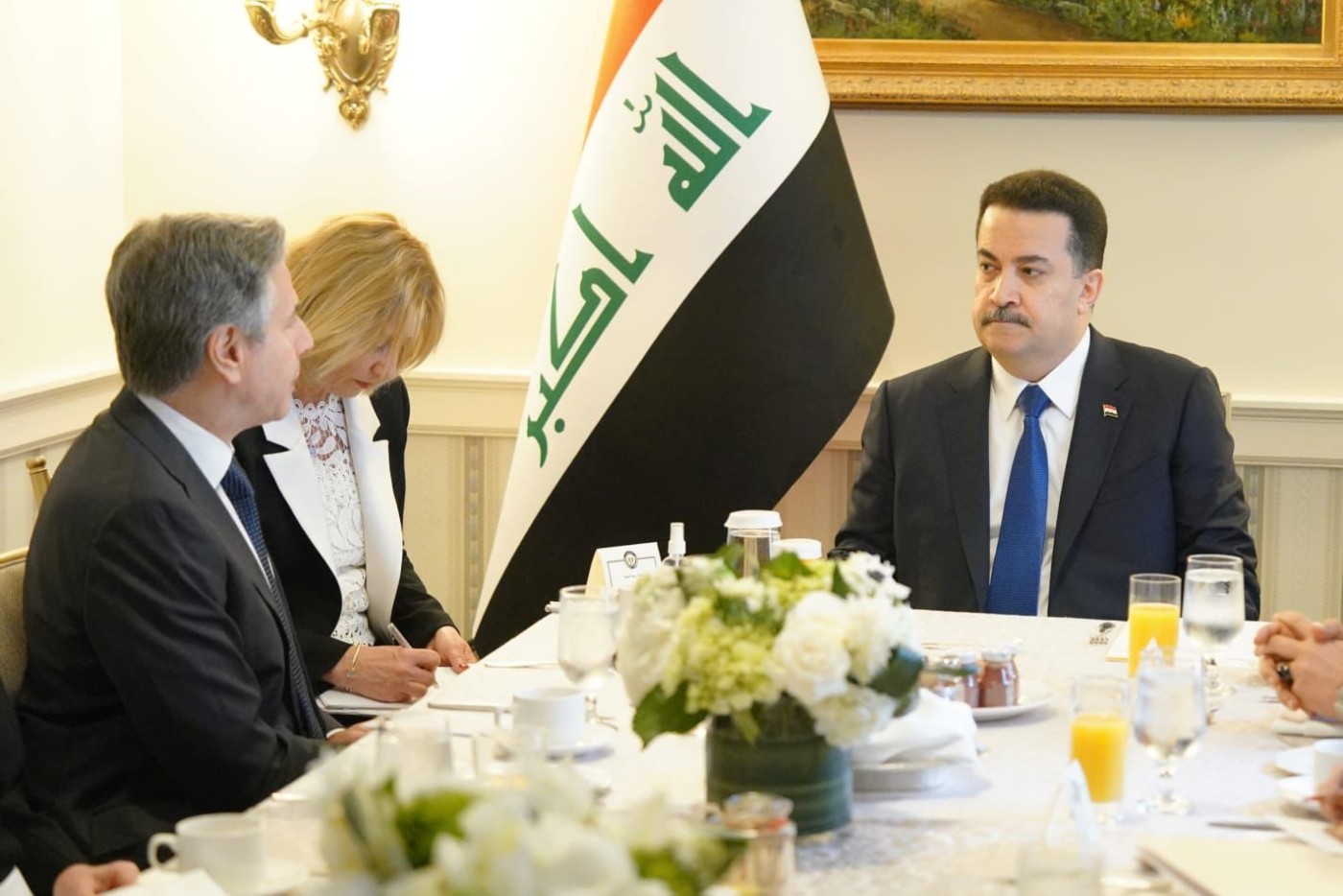
 Facebook
Facebook
 LinkedIn
LinkedIn
 Telegram
Telegram
 X
X
